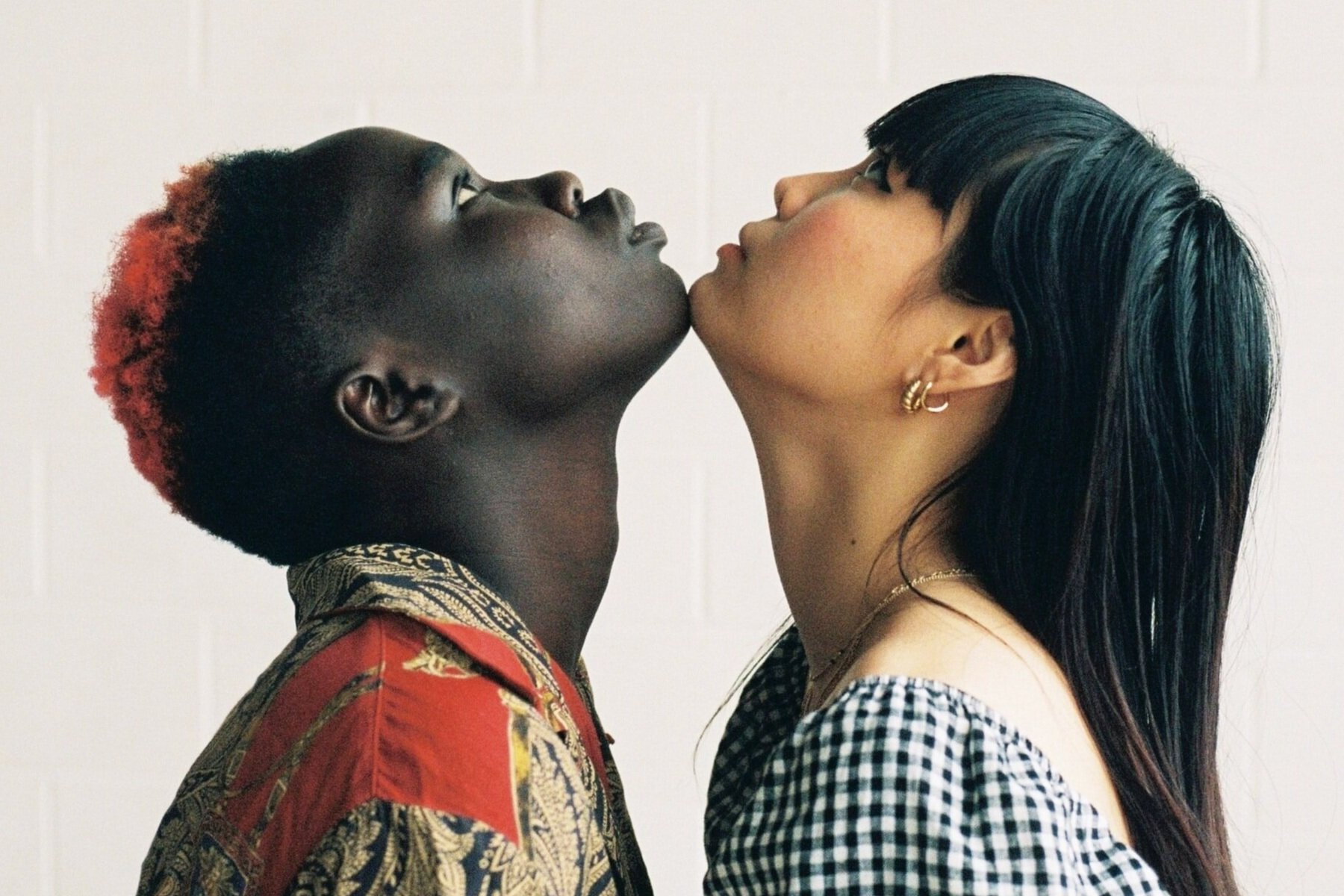Exploring Feng Shui and Yoruba Philosophy to Create Balanced, harmonious lives.
In today’s chaotic world, there is a need to embrace ancient wisdom and practices to create balanced, harmonious lives. Feng Shui, an ancient Chinese system for aligning spaces with life energy, and Yoruba philosophy, a rich spiritual tradition from West Africa, offer profound insights for fostering personal well-being. By exploring these philosophies, we can appreciate diverse perspectives on balance and learn how they can be practically applied in our daily lives. Understanding these cultural philosophies allows us to connect more deeply with natural rhythms and promotes harmony between our internal and external environments
Feng Shui
Feng Shui, which means "wind and water," is a practice originating from ancient China, designed to harmonize individuals with their surrounding environments. Developed over thousands of years, it includes several schools, such as Form School and Compass School, each focusing on optimizing energy flow in spaces.
Rooted in ancient Taoist thought, Feng Shui evolved through observations of nature’s patterns, movements, and changes. Early practitioners aimed to understand how environmental factors influenced well-being, wealth, and success, aligning structures to benefit from natural energies.
Basic Principles of Form School
The Form School of Feng Shui centers on landforms and the physical landscape to determine energy flow. By observing the natural elements—mountains, rivers, and open spaces—practitioners can identify ideal locations and align buildings to promote well-being.
Core Concepts
- Chi (Life Force Energy):Chi is the essential energy that flows through all things. Balanced and unobstructed Chi is crucial for creating harmonious environments.
- Yin and Yang Theory:Central to Chinese philosophy, Yin (passive, dark) and Yang (active, light) represent opposing but complementary forces. Achieving a balance between Yin and Yang brings harmony.
- Five Elemental Phases:Wood, Fire, Earth, Metal, and Water symbolize natural phases of energy transformation, each with specific characteristics. In Feng Shui, balancing these elements in a space influences physical and emotional well-being.
- The Bagua Map/8 Areas: A spatial tool dividing environments into nine areas, each representing aspects of life (e.g., career, relationships, health). By enhancing these areas with colors, elements, and shapes, one can invite positive energy into each domain of life.
Yoruba Philosophy
Yoruba philosophy, originating from West Africa (primarily Nigeria), and has spread throughout the diaspora provides “the way” for living in harmony with nature, spirits, and ancestors. At the heart of Yoruba thought is the belief in interconnectedness and the presence of divine forces in nature.
Historical Context and Cultural Significance
The Yoruba culture, one of the largest ethnic groups in Africa, emphasizes respect for nature, ancestors, and the spiritual forces that govern the universe. Yoruba philosophy permeates daily life, offering guidance on living in balance with the world and one’s community.
Key Elements
- Orisha: Deities or archetypes that embody different aspects of nature, such as rivers, storms, and forests. Each Orisha represents a unique set of characteristics, and individuals may connect with specific Orishas in personal practices.
- Osanyin : Osanyin focuses on herbalism and healing.
-Divination: IFA divination provides spiritual guidance. Ikin, Obi, Kola nut, Cowrie shells and 4 pieces of coconut can be used. The shells of coconut are also used for divination, sometimes solo and sometimes in combination with a Cowrie shell.
-Iwapelé Gentle Character: living your life with values and sense of purpose.
These practices emphasize honoring the natural world and understanding one's path.
Practical Applications in Daily Life
Feng Shui Practices
1. Utilizing the Compass School Approach: By using a compass, individuals align spaces according to the directional influences on energy flow, bringing harmony into homes and workspaces.
2. Symbolic Animals: In Feng Shui, symbolic animals (Tiger, Dragon, Turtle, and Phoenix) represent protective and nurturing energies that influence space arrangement.
3. Natural Landscaping Techniques: Feng Shui extends beyond interiors to outdoor spaces, where features like pathways, water, and plant arrangements encourage a smooth flow of Chi and enhance environmental harmony.
Yoruba Practices
1. Importance of Orisha in Daily Rituals: Honor Orisha through rituals and offerings, fostering a reciprocal relationship with nature and spiritual forces.
2. Incorporating Elements like Color and Shape: Yoruba philosophy associates colors and shapes with specific Orishas and energies. Incorporating these elements in personal spaces invites balance and reinforces spiritual connection.
Feng Shui in Modern Spaces
Feng Shui principles can be adapted for contemporary settings, particularly in renovation and design. By using colors, materials, and spatial arrangements thoughtfully, individuals can foster calm, productive, and harmonious environments. Modern technology, like phone compasses, enables people to apply Feng Shui practices more easily, guiding the placement of furniture and decor to align with directional energies.
Cross-Cultural Influences and Similarities
While Feng Shui and Yoruba philosophy originate from different parts of the world, they share commonalities in their emphasis on balance and natural rhythm and taking care of the ancestors. The Five Elements in Feng Shui align with the Yoruba understanding of nature’s essential forces, both traditions emphasizing the importance of connecting with nature to enhance well-being.
Feng Shui and Yoruba philosophy offer invaluable insights into achieving balance, harmony, and personal growth. By understanding and applying these practices, individuals can create environments that support both inner peace and external harmony. Exploring these philosophies enriches our perspectives, inviting us to consider how ancient wisdom can bring balance to our modern lives.



